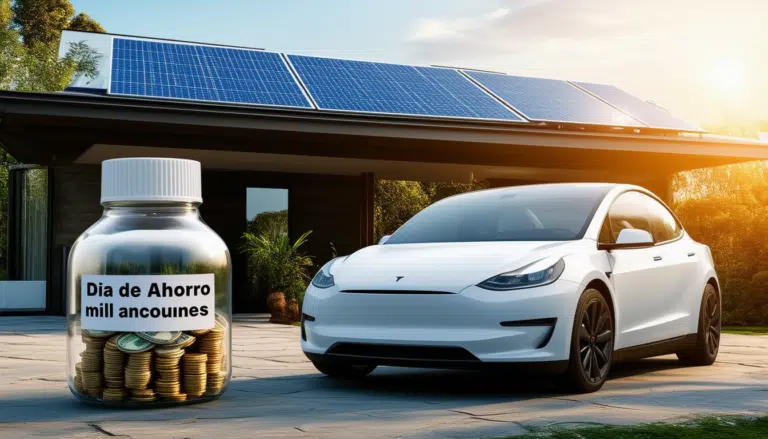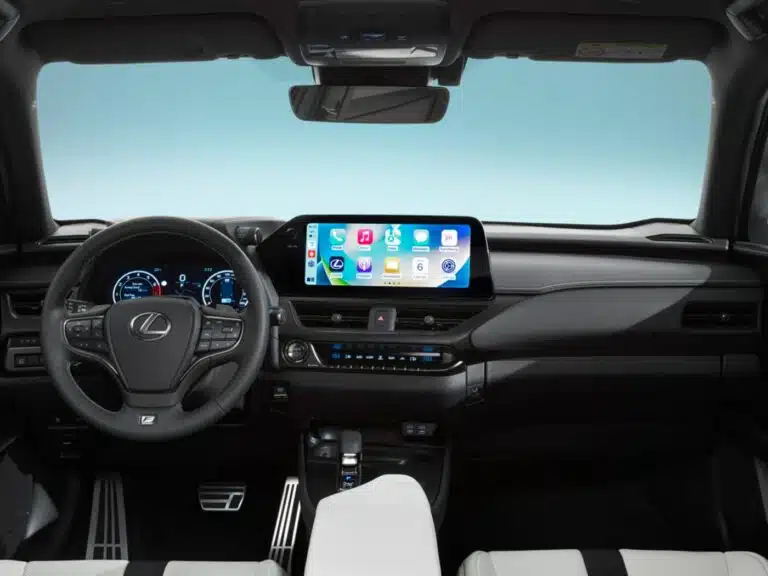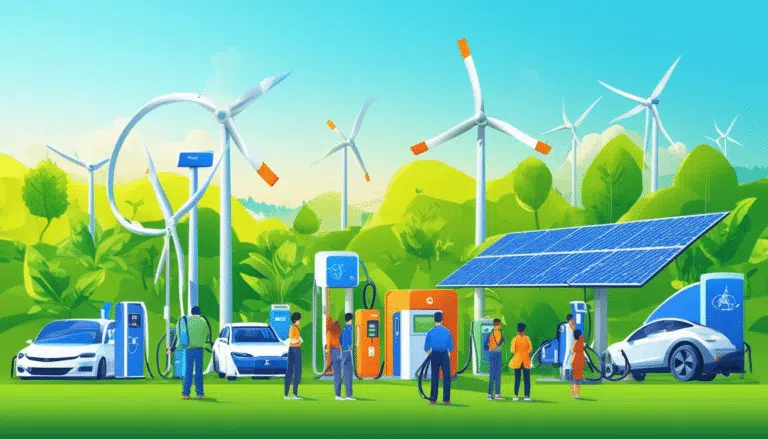Creative ways to promote sustainability and fuel saving
Sustainability and fuel savings are vital issues in today’s world, given the impact they have on our environment and economy. There are creative ways to encourage practices that not only reduce fossil fuel consumption but also promote responsible habits in society. From implementing innovative technologies to promoting environmental education from an early age, every action counts and contributes to a sustainability culture. This approach not only benefits the environment but also enhances energy efficiency and savings in homes and businesses.
The search for a more sustainable future is a challenge that we all face today. Adopting habits that decrease fuel consumption not only involves the use of advanced technology but also requires the implementation of creative strategies that foster a culture of responsibility and sustainability. Below, we will explore various ways to integrate these practices into daily life.
Incorporating environmental education
Environmental education is vital for raising awareness about the impact of our actions on the environment. Including topics related to sustainability in the curriculum from an early age can generate a deeper understanding of fuel consumption and its consequences. Through school projects that promote recycling or energy efficiency, students can learn to adopt habits that favor resource savings.
Encouraging the use of renewable energies
The push towards the use of renewable energies is fundamental in the fight against excessive fossil fuel consumption. Encouraging the installation of solar panels or harnessing wind energy in homes and communities can significantly reduce dependence on traditional fuels. Additionally, governments can offer subsidies to facilitate the transition to these clean energy sources, generating a positive impact on the economy and the environment.
Using technology and applications
Leveraging available technologies is another effective way to promote sustainability. There are mobile applications that allow drivers to monitor their fuel consumption and receive recommendations on how to optimize their efficiency. These tools are essential for analyzing driving behavior and setting personal savings goals.
Proper vehicle maintenance
A key aspect of ensuring fuel savings is regular vehicle maintenance. Following the proper maintenance practices is crucial to maximizing energy efficiency. Changing filters, checking tire pressure, and opting for quality lubricants can make a difference in fuel performance. For example, in the article on vehicle maintenance, practical strategies that anyone can implement are highlighted.
Promoting carpooling
The adoption of carpooling systems significantly contributes to reducing fuel consumption. This approach not only alleviates urban traffic but also lowers carbon emissions. Communities can promote this practice by creating local networks that facilitate connections between people sharing similar routes, thus encouraging a change in how we move day by day.
Implementing a circular economy
The circular economy offers an innovative perspective to address fuel savings. This model promotes the reuse and recycling of resources, which reduces the need to extract new materials. By incorporating this concept into businesses and homes, the environmental impact associated with fuel consumption can be diminished. Initiatives that support this philosophy are becoming increasingly popular and provide new opportunities to achieve a more sustainable future.
Exploring local foods
Consuming local foods also contributes to fuel savings. By choosing local and seasonal products, the need for long-distance transportation is reduced, resulting in lower energy expenditure. Moreover, the freshness of these foods enhances nutritional quality and supports the local economy, creating a positive cycle that benefits both the environment and the community.
Guiding sustainable policies
Finally, the implementation of sustainable policies at the governmental level is essential for promoting the responsible use of resources. These can include incentives for companies that adopt eco-friendly practices or regulations that favor the use of renewable energies. Collaboration between governments, businesses, and citizens is crucial to fostering real change in how we perceive and use fuel.
By incorporating these creative ways into our daily lives, we not only contribute to the sustainability of the planet but also generate a positive impact on our personal economy. The transformation towards a more sustainable future begins with small actions that, when multiplied, can lead to significant change.
Sustainability has become a priority in today’s world, and finding creative ways to promote it is crucial. Creating meaningful change involves not only the implementation of large-scale policies or initiatives but also the adoption of daily practices that can have a positive impact on the environment. Innovative measures and the fostering of responsible habits are key pieces in this machinery.
Incorporating environmental education from an early age is a fundamental strategy. Teaching new generations about the importance of caring for our planet and the effects of fossil fuel consumption enables them to develop an ecological awareness. This not only helps them understand the consequences of their actions but also inspires them to adopt a more responsible and sustainable lifestyle.
Smart technologies also play a vital role in promoting sustainability. From applications that allow real-time monitoring of fuel consumption to systems that optimize routes and driving habits, the options are vast. These advances not only facilitate energy savings but also educate users about the importance of every decision they make while driving.
Collaboration in local communities to promote recycling and the use of eco-friendly products contributes greatly. The development of local food markets, for example, not only reduces the carbon footprint associated with transportation but also promotes the health and well-being of consumers. Thus, the community comes together in a collective effort towards a greener and more sustainable future.
These actions, combined with an individual and collective commitment, can drive the transition to a world where sustainability and fuel savings are a tangible reality in daily life. Creativity is an essential resource to inspire this change and ensure that everyone, from the youngest to the leaders of tomorrow, acts responsibly towards our environment.




